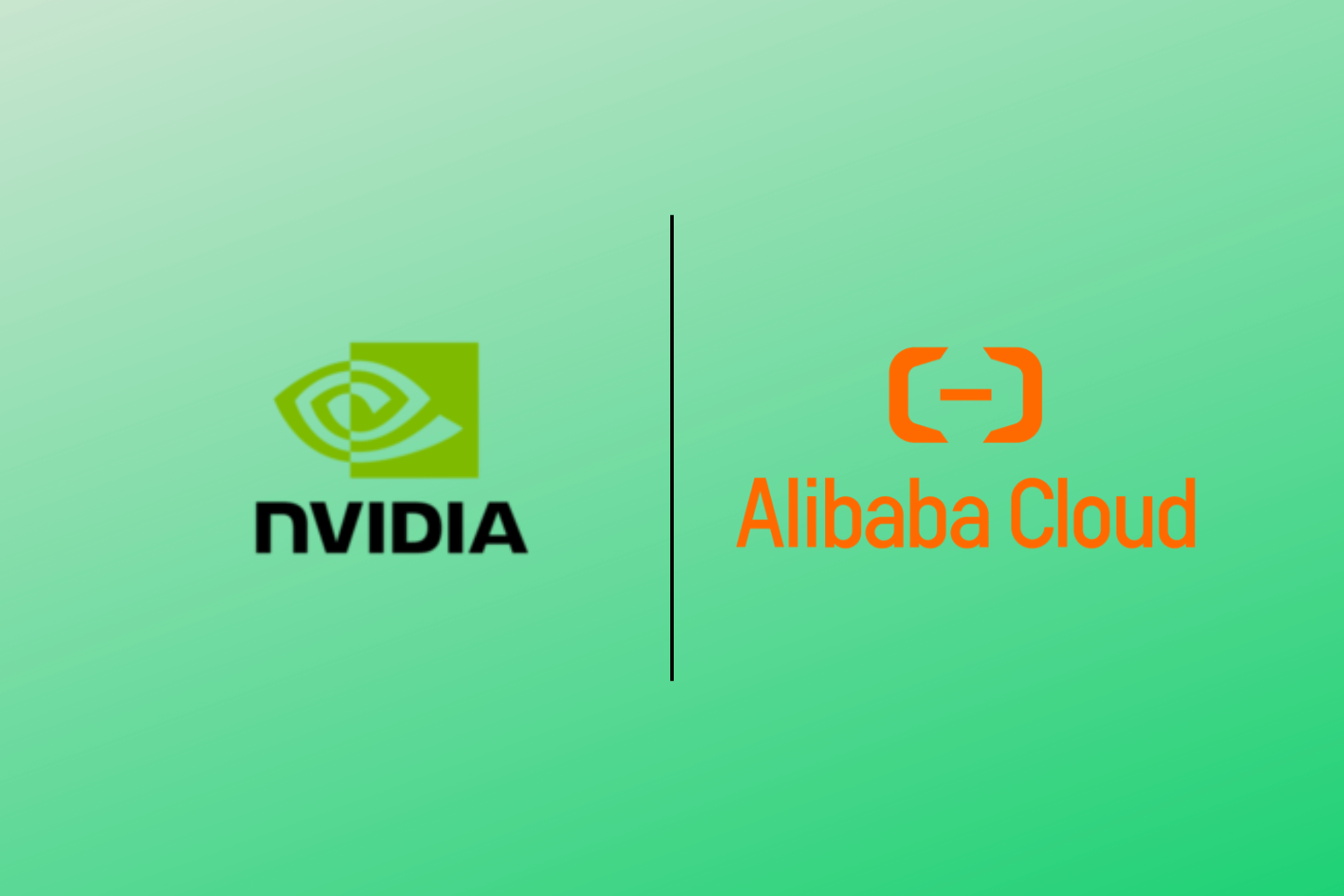
Alibaba Teams Up with Nvidia for Next-Gen Autonomous Driving Services
Alibaba Cloud and Nvidia are working together on AI technology to improve the experience of Chinese automakers’ self-driving cars. They are combining advanced large language models and multimodal solutions to make exchanges between smart vehicles better and operations run more smoothly.
Alibaba Group Holding’s cloud computing services business and Nvidia, a major chipmaker, are working together on an artificial intelligence (AI) project that will help Chinese automakers improve the experience of smart vehicle owners who drive themselves.
Alibaba Cloud, the company behind Alibaba.com’s digital technology, announced the partnership on Friday at the Apsara Conference, which runs until Saturday. Its intelligent cockpit solution provider, Banma Network Technology, and Alibaba Cloud co-developed a large multimodal model (LMM) solution for automotive applications.
Nvidia’s Drive AGX Orin platform for self-driving cars now works with Alibaba Cloud’s Qwen range of proprietary large language models (LLMs), which includes Qwen2-7B and Qwen2-VL. The technology that makes creative AI services like ChatGPT work is called LLMs.
Big Chinese electric vehicle (EV) makers, like Li Auto, Great Wall Motors, Geely Auto’s Zeekr Intelligent Technology, and Xiaomi’s EV unit, are using Nvidia’s Drive automotive platform to power their next-generation fleets. This is the first time that Alibaba Cloud’s big AI models have been added.
Nvidia’s model acceleration technology has already cut down on the time and money needed to run complex jobs in real time by Alibaba Cloud’s AI models. Alibaba Cloud says that this makes sure that both drivers and guests have a smooth and uninterrupted intelligent experience.
Zhou Jingren, chief technology officer of Alibaba Cloud, said at the event, “Together with our partners, we want to give more businesses and people the tools they need to unlock the potential of generative AI.”
According to Alibaba Cloud, the new LMM solution will let voice assistants in cars have dynamic, multi-turn conversations thanks to Qwen’s advanced abilities in handling complicated questions and processing visual intelligence. Also, these assistants will be able to make suggestions. For example, they might tell you about nearby locations or tell you to turn on your car’s headlights when certain conditions are met.
Alibaba Cloud says that its Mobile Agent will make it easy for car owners to use voice requests to do things like order milkshakes through a food delivery app. This will improve the in-car experiences for drivers.
Speaking at Apsara on Friday, Nvidia and Alibaba Cloud said they are going to work on adapting Qwen LLMs to the US company’s Drive Thor. Drive Thor is a next-generation centralized car compute platform that combines advanced driver assistance, autonomous driving, and AI cockpit features.
Future Developments in Autonomous Driving
According to Nvidia, they are working on a number of LLM-related projects for accelerated computing. These projects use parallel processing to speed up work and make demanding apps use less energy.
Two businesses are also working together to make custom solutions that will help “traditional enterprises” move their LLM processes to the cloud. Businesses can use cloud computing to control or share software and other digital resources over the internet as a service that can be called up whenever it’s needed, like electricity from a power grid. These things are kept in data hubs.
Alibaba Cloud said on Friday that its generative AI platform Model Studio has gained more than 300,000 customers through its own foundational model Tongyi. This is a big increase from May, when it was reported that 90,000 customers had signed up.


